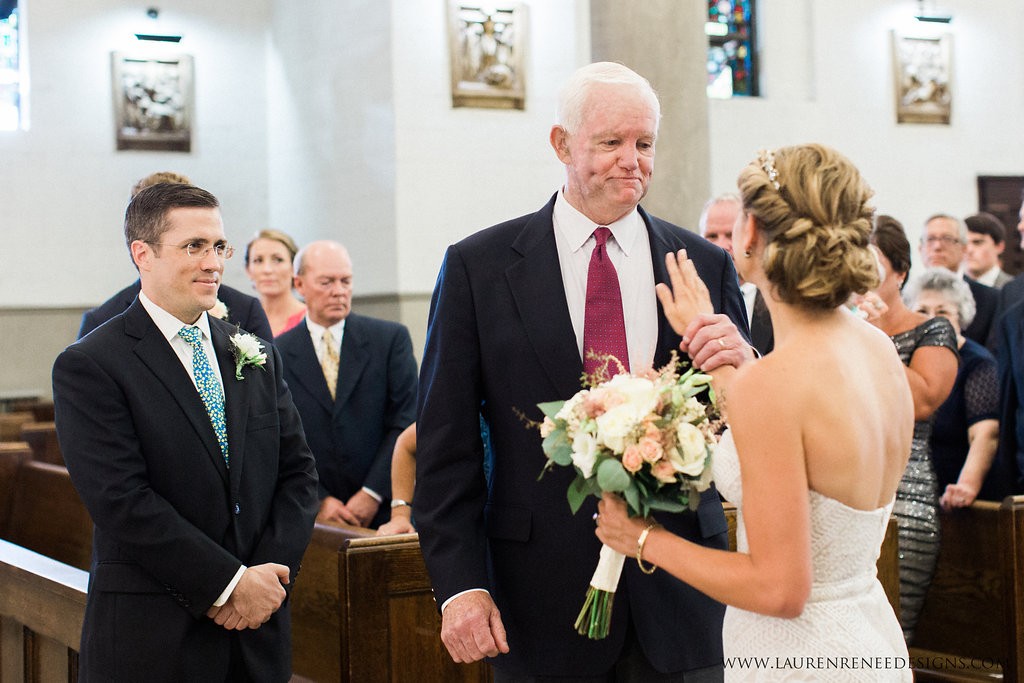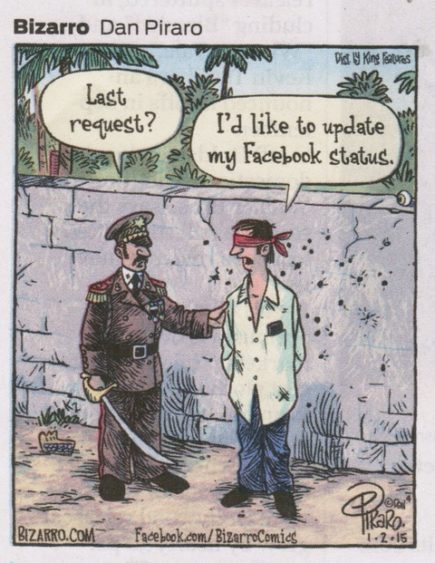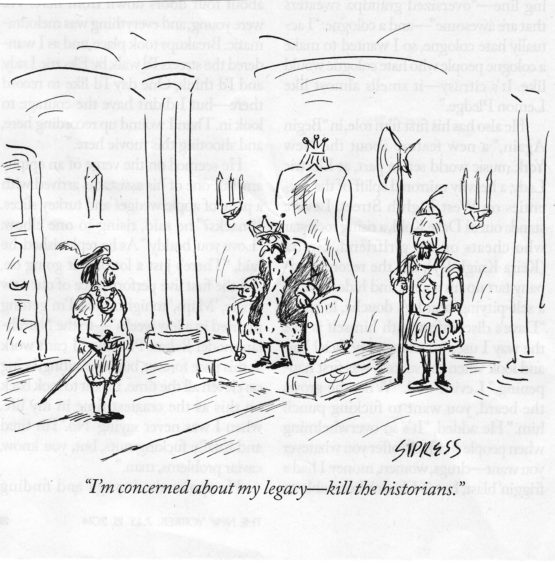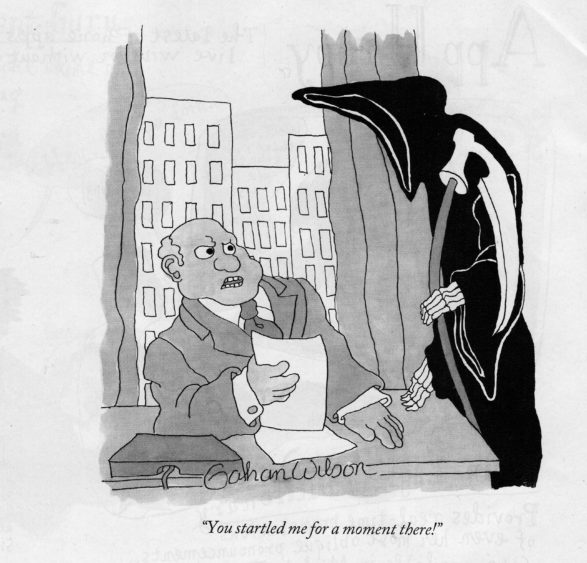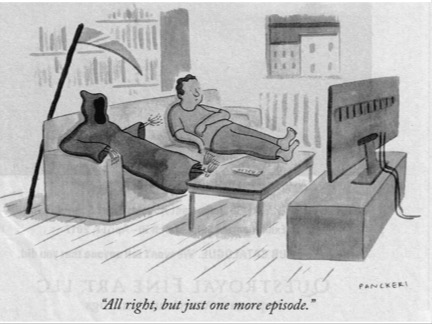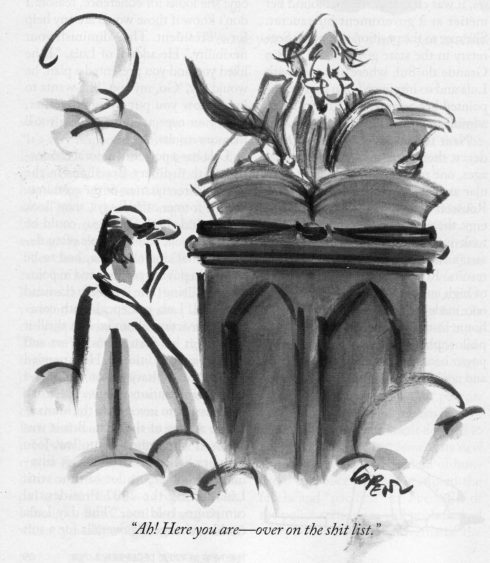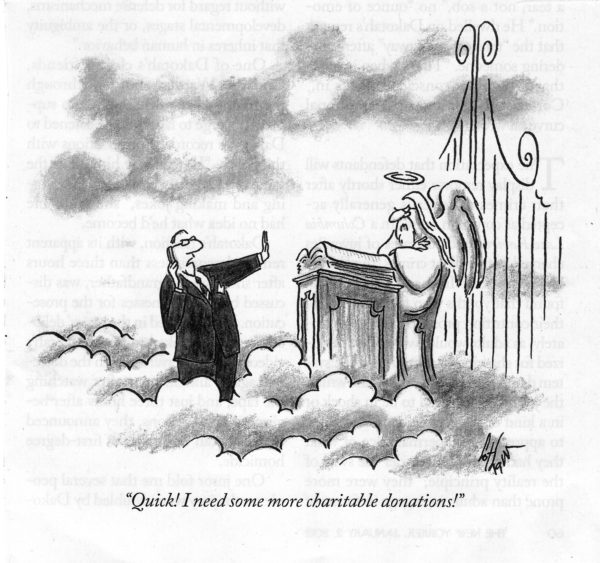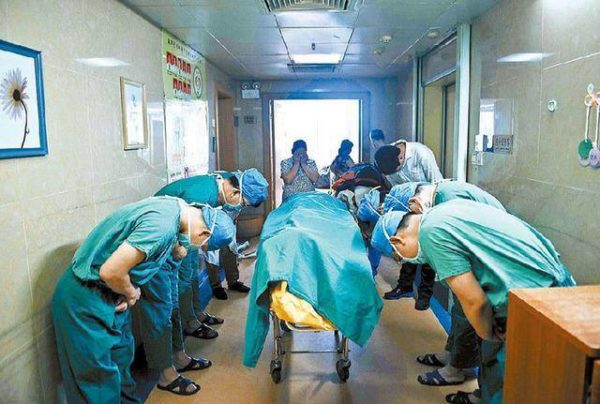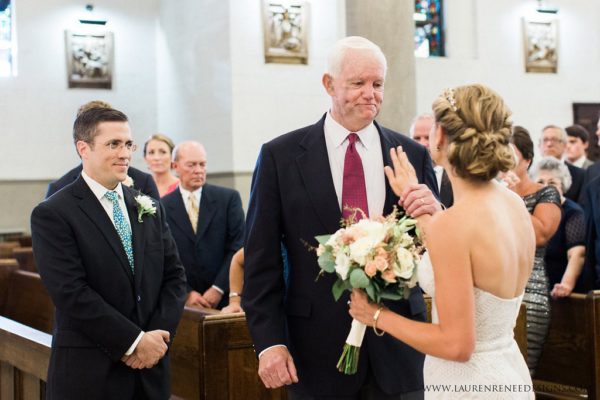Hello beautiful readers, so happy to be back with you!
Because considering our legacy reminds us of our mortality, (and some of our regrets as well), doing so may have the potential to cause us some discomfort, which I believe is misplaced and unnecessary.
Looked at differently though, considering our legacy can have just the opposite effect – a very positive one – as it may well inspire us to perform deeds and take actions during our lifetimes which not only feel right while we are doing them, but by adding principled purpose to our years, will bring us more peace of mind, not less.
I really like (Vietnamese Buddhist teacher, author and monk), Thich Nhat Hanh’s take on this matter:
“When we die, and transform from one form of being to another, leaving behind all our possessions, and all those whom we love, only the seeds of our actions will go with us…the seeds of our actions travel together with our consciousness from this world to another.”
Thich Nhat Hanh definitely does not mean this:
In his wonderful book, Staring At The Sun, by Stanford professor and psychotherapist Irvin Yalom, (which I totally recommend BTW), the author addresses – and I quote him – the “universally human angst that our lives have not had any meaning…that it doesn’t matter that we were here.”
In it, Yalom coins the term “rippling” and then describes it as “the belief that we may persist, after our death, through our values and actions – that ripple on and on through generations to come after we are physically gone.”
He dubs this phenomenon as “Rippling in Action.”
Nor, just like the Facebook cartoon above, is it this:
Instead, Yalom’s term “rippling in action” is described perfectly in this 3 minute video from Thailand. After you’ve seen it you will totally get what he is talking about. Promise.
Normally, I try to embed these things, but WordPress says the file’s too big. So instead, just below is the link to Youtube. (You can skip the ad if one pops up, and afterwards I pray, find your way back to this page. (BTW, the usual caveat: if you are reading all this in your email, and the link doesn’t work, click on the title of this post which will bring you to my site. The video will play from there).
https://www.youtube.com/watch?v=5Hnbi_z9RjE
There is a wonderful Buddhist teaching called “The Five Rememberances” – a practice of reciting (hence embodying) five elemental, inescapable realities of our human existence, which I recite to myself every morning while still in the bed, just as I am moving from sleep to consciousness, and aware that my creator is kindly allowing me another day of life. The fifth of these contains the words: “My actions are the ground beneath my feet. I cannot escape the consequences of my actions.”
Whether or not you believe in rebirth – either in human form, another form, or not at all, I reckon that we can probably all agree that our deeds in this life, in this world, will have an impact on those who follow us, and thus, on those who follow them… forever.
There was a medieval morality play called “EVERYMAN”, “which played in front of churches to sellout crowds for centuries, dramatizes our encounter with death, but also portrays the consoling power of rippling,” says Yalom.
It presents the tale of “Everyman”, namely every one of us, who is being visited by the hooded black cape guy with the weed whacker, and learns that it’s time for our last flight – on this “plane of existence” at least. More simply? TIME’S UP BUDDY!!
Well, of course he pleads for a reprieve. Of Course!
“You’re kidding…right??” Death answers, “I get this all the time. But hey! It so happens that I’ve been binge watching a series on Netflix, so maybe just this once – but don’t tell anyone, my reputation will be shot!”
“OK”, asks our hero, “ but after the show can I ask someone to join me as a travelling companion? I’ve always hated traveling solo.”
Well, DUH!! Death is no idiot – wasn’t “born yesterday”, so to speak – and always interested in a new client – he smiles and says “no problemo, if you can find someone who’s willing to join you, go for it”.
The rest of the play is all about Everyman’s efforts to find someone to join him on the trip. His best friend Joe says: “I’d really love to, but I have a board meeting”. His sister says “I would for sure, but I promised my husband Stan I’d clean the oven today”. His cousin says, “I sure feel bad about refusing, but I stubbed my toe, it’s sore and I can’t walk on it right now”.
You get the point, I’m sure.
Next he tries the various worldly entities – the things that he, and we, all strive for and try to pile up – things like wealth, power, strength, beauty and knowledge – all no dice – they all stay here. Now he is definitely worried about what his welcome reception is gonna look like at those legendary gates – or even worse, which gates.
Almost about to give up, he remembers that he has also done his share of pretty nice stuff over his lifetime, so he searches out, finds, and asks his buddy “good deeds”, if he would be willing and able to accompany him out of this world and into the next, and of course, Good Deeds agrees.
So, in this understanding, since it is our deeds that will accompany us, we need to decide right now: what kind of deeds do we want for company…for our legacy?
The moral, the teaching here, is clear: you take nothing from this life which you have gotten – only that which you have given.
Rippling – the manifestation of our deeds, hopefully kind ones to others, abides beyond ourselves.
And the really good news is that THIS part of our life, despite ALL our mistakes, lost opportunities and regrets, is not too late to amend – starting right now.
And the even further good news, is that we don’t have to be Mother Teresa, or like this guy, rich enough to leave a pile of cash to The Red Cross. Every one of us, has countless opportunities, to impact for the good, the lives of those who will follow us – on and on…forever. Even the smallest things count – like a kind word, or other manner of support to someone (like that free bag of veggie soup, if you watched the video) at a crucial time for them, and which can change their lives, and ours.
Have a look at this incredibly moving photo of these Chinese surgeons bowing to this 11-year-old boy, who, diagnosed with terminal brain cancer, is donating his organs to save the lives of others.
In China, organ donations are fairly rare as bodies are regarded as sacred. This is why they are bowing, and doubtless out of deep respect for the compassion and understanding at this level emanating from someone so young.
Before leaving this beautiful boy’s inspiring manifestation of legacy, I have another equally poignant picture to show you, along with a beautiful (and literally heartwarming) story which explains the photo:
This story began in September 2006,when Jeni Stepien’s father, Michael Stepien, was walking home and was robbed and shot in the head at close range. As her father lay dying in hospital, Ms. Stepien said, her family “decided to accept the inevitable” and donated his organs through an organization that allows donor families and the recipients to keep in touch with one another after the transplant.
Mr. Stepien’s heart went to Arthur Thomas, a father of four who lives in Lawrenceville, N.J., and who, Ms. Stepien said, had been within days of dying. Mr. Thomas, 72, said that he was in congestive heart failure when word arrived that his doctors had found a heart. “Once I had my transplant, I, of course, decided I would write a thank-you to the family.”
From there, a relationship was forged through monthly phone calls, emails and letters. But the families had not thought about meeting in person until Jeni Stepien, now 33, became engaged to Paul Maenner.
“One of my first thoughts in that following week was, ‘Who will walk me down the aisle?’ ” Ms. Stepien said. “I was thinking, ‘Oh, my gosh, it would be so incredible to have a physical piece of my father there.’ ” At Paul’s suggestion, Jeni wrote Mr. Thomas, whom the family calls Tom, asking him to walk her down the aisle. Mr. Thomas said yes, but only after running the proposition by his own 30-year-old daughter, Jackie.
“She said, ‘I think it’s a wonderful idea,’ ” but recommended that he start practicing walking down the aisle, fearing that his emotions might get the better of him. Jeni said she felt the same, and told him, “I’ll be right there with you.”
The wedding took place in the church in Swissvale where Jeni’s parents were married. Mr. Thomas and the bride formally met one day earlier, when he suggested she grip his wrist, where his pulse is strongest.
“I thought that would be the best way for her to feel close to her dad,” Mr. Thomas said. “That’s her father’s heart beating.”
“I felt wonderful about bringing her dad’s heart to Pittsburgh,” Mr. Thomas said. “If I had to, I would’ve walked.”
(NY Times 8/8/16)
I have a suggestion that I guarantee can be very powerful in, and for your life, and the life of someone important to you. It’s a concept created by Martin Seligman, Ph.D. the father of branch of psychology called “positive psychology”. It’s called The Gratitude Letter and Visit…..voila:
Think of one important person from your past, still living, who has made a major positive difference in your life and to whom you have not yet fully expressed your thanks.
Take 10 minutes and write that person a letter of gratitude, expressing your feelings fully.
Arrange to meet face to face with that person, and read your letter to them personally.
I’ve written and spoken three of these so far in my life: One to my beautiful bride Laura, one to my amazing daughter Julia, and one to my dear brother Steve. It was a wonderful, powerful, experience for all four of us.
I was inspired to do this by Seligman of course, but equally by a challenge issued to me, and to ALL of his readers by the late Stephen Levine in his book called “A Year To Live”. In it, he wrote these words:
“If you knew you were going to die soon and had time for only one last phone call, WHO would you call…..what would you SAY…..….and WHY are you waiting?”
So, that’s it for now dear reader. Until next time, please…
Take care of, and be kind to…yourself.
Metta,
Michael
